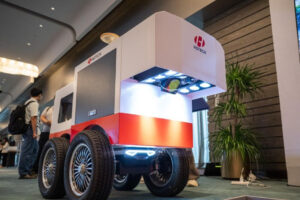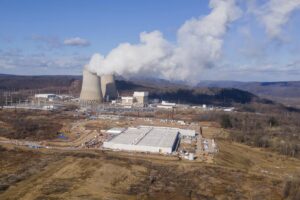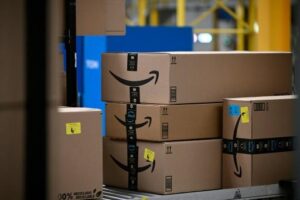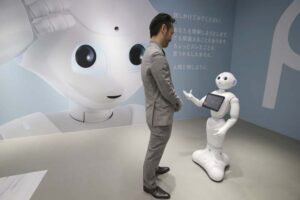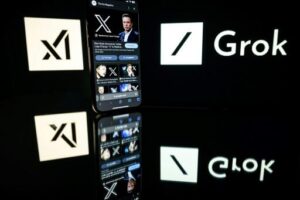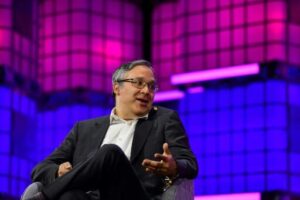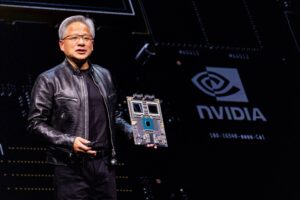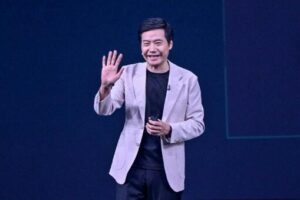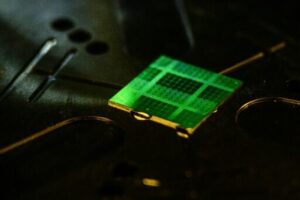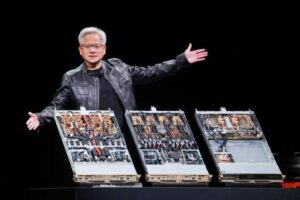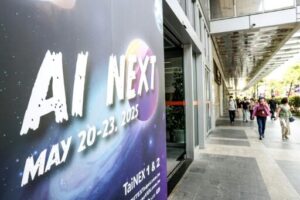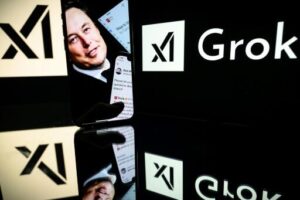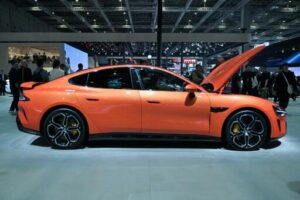Tokyo, 6 September, /AJMEDIA/
Toyota Motor Corp and BMW AG said Thursday that they will expand their tie-up to jointly develop a new driving system for fuel cell vehicles, as some global rivals are rethinking their plans for battery electric vehicles in the face of slowing demand.
BMW, as a first step, plans to launch its first mass-produced FCV model in 2028, which will be powered by the new power train. Toyota will also install the new system in its FCV models.
The two will develop components of the new driving system, excluding fuel cells, which Toyota will continue to provide to BMW. They will also work together to build hydrogen stations in Europe.
BMW looks to cut costs of FCVs through economies of scale under the deepened tie-up with Toyota, the world’s largest automaker by volume.
“We will…bring down costs to have as much synergy as possible,” Michael Rath, vice president of the hydrogen vehicle division at BMW, said at an online press conference, though he declined to elaborate.
Toyota launched the Mirai, the world’s first mass-produced FCV, in Japan in 2014. But its FCV sales remain sluggish, with only 4,023 vehicles sold worldwide in 2023, a fraction of its annual sales of more than 10 million vehicles.
“I believe in technology openness,” Toyota President Koji Sato said in a video message at the press conference, adding it is a much faster way to achieve carbon neutrality.
FCVs are seen as a promising green vehicle of the future, as they run on electricity generated through the chemical reaction between hydrogen and oxygen and produce only water vapor as a byproduct.
But their high sticker prices, coupled with a lack of hydrogen stations, have been a major stumbling block in bringing them to the mass market.
Still, they typically have a longer range and shorter refueling time than battery EVs.
Some automakers are being forced to review their strategy for battery vehicles as demand for such zero-emission vehicles loses momentum. Volvo Cars said Wednesday that it abandoned its target to sell only fully electric vehicles by 2030. Ford Motor Co is also reconsidering its EV business plans, delaying the introduction of a pickup truck model.
BMW Chairman Oliver Zipse said in the same video message, “It is time to unleash the full potential of hydrogen.”


